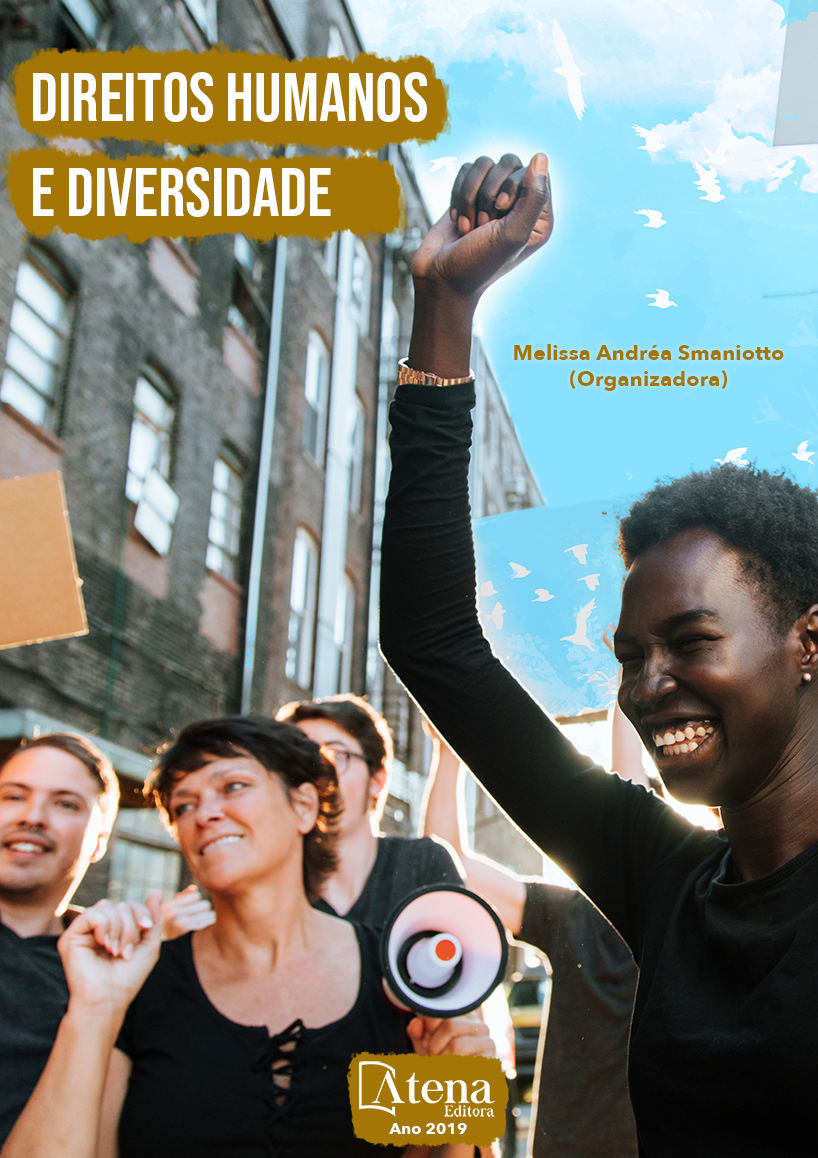
Educação Integral e Interculturalidade
Este artigo objetiva apresentar uma
análise de concepções de educação integral
e sua relação com as propostas do Programa
Escolas Interculturais de Fronteira – PEIF.
Considera que a Teoria Histórico-Cultural
concebe o ser humano em sua totalidade,
configurado em sua relação social, e analisa
como o aluno participante deste Programa
é reputado em sua total dimensão. Para tal,
considera a proposta pedagógica do currículo
intercultural integral e a proposta de mobilização
e integração da comunidade escolar do PEIF,
que objetiva que a escola se perceba como um
espaço intercultural e integral. Para a referida
análise, foram selecionadas fontes bibliográficas
relacionadas à educação integral e ao
Programa Escolas Interculturais de Fronteira,
entrevistas e depoimentos de coordenadores
deste Programa, professores e representantes
da comunidade de uma escola da fronteira
Brasil-Paraguai, veiculados em programa da
TV Escola. O resultado da pesquisa indica
que a educação integral, com suas diversas
concepções, e o Programa Escolas Interculturais
de Fronteira fazem parte de um processo que
está em andamento, que não permite juízos
definitivos, mas é de suma importância que
as escolas de fronteira permaneçam sob os
holofotes de ambos, para que desenvolvam
e/ou amadureçam sistemáticas de trabalho
conjunto, para a implementação de atitudes
positivas frente à interculturalidade e à totalidade
do sujeito, com ações pedagógicas que levem
em conta a integração, a negociação, o diálogo
entre os grupos, as relações entre as culturas,
o reconhecimento das características próprias,
o respeito mútuo e a valorização da diferença.
Educação Integral e Interculturalidade
-
DOI: 10.22533/at.ed.8241913035
-
Palavras-chave: Educação. Integral. Interculturalidade.
-
Keywords: Education. Integral. Interculturality.
-
Abstract:
This article aims to present an
analysis of conceptions of integral education and
its relation with the proposals of the Intercultural
Border Schools Program (PEIF). It considers
that the Historical-Cultural Theory conceives
the human being in its totality, configured in its
social relation, and analyzes how the student
participant of this Program is reputed in its
total dimension. To this end, it considers the
pedagogical proposal of the integral intercultural
curriculum and the proposal of mobilization and
integration of the school community of the PEIF,
which aims to make the school perceive itself as an intercultural and integral space. For
this analysis, bibliographical sources related to integral education and to the Intercultural
Frontier Schools Program, interviews and testimonies of coordinators of this Program,
teachers and community representatives of a school from the Brazil-Paraguay border
were screened in a TV Escola program. The result of the survey indicates that integral
education, with its diverse conceptions, and the Intercultural Border Schools Program
are part of a process that is in progress, which does not allow definitive judgments, but
it is of the utmost importance that frontier schools remain under the spotlight of both,
in order to develop and/or mature joint work systems for the implementation of positive
attitudes towards interculturality and the totality of the subject, with pedagogical actions
that take into account the integration, negotiation, dialogue between groups , the
relations between cultures, the recognition of their own characteristics, mutual respect
and the appreciation of difference.
-
Número de páginas: 15
- Sônia da Cunha Urt
- Soraya Cunha Couto Vital


